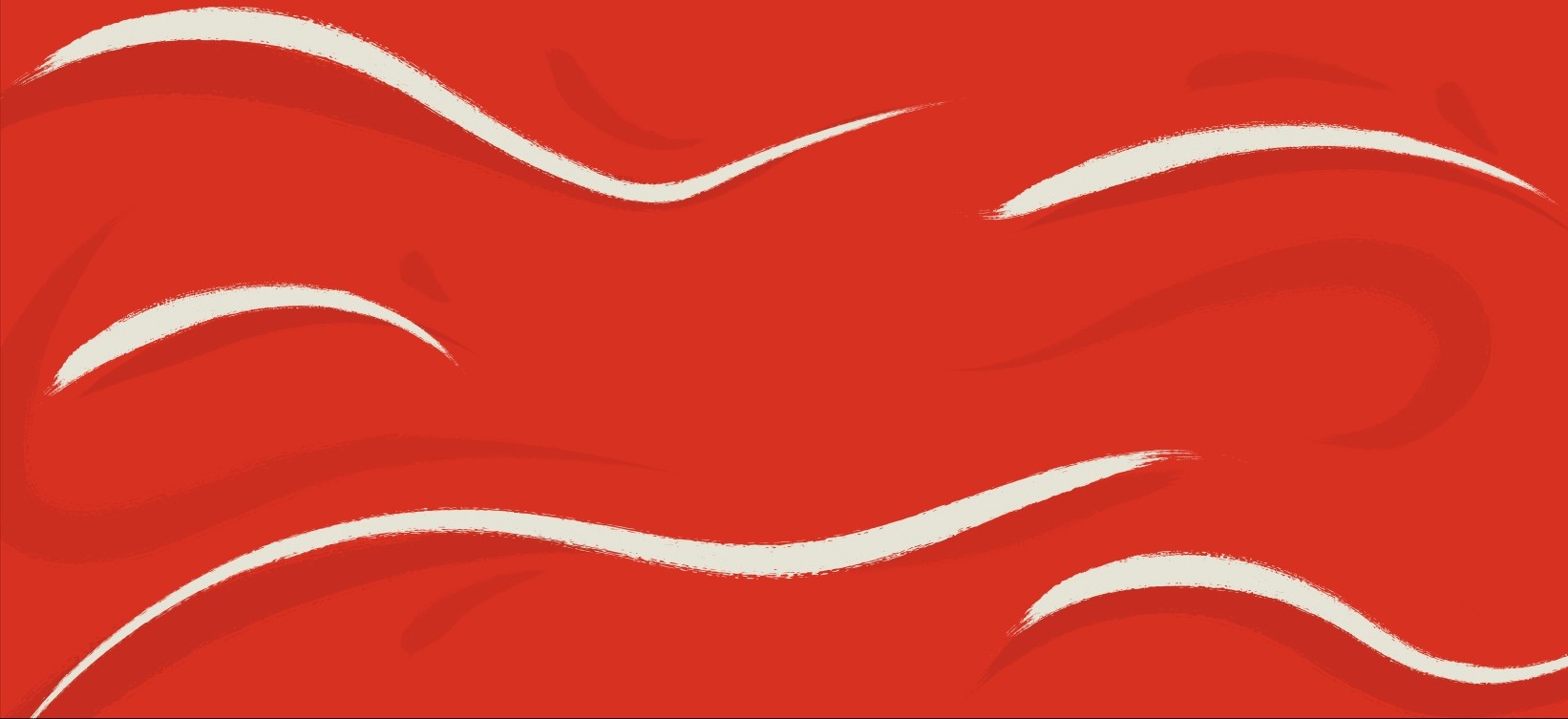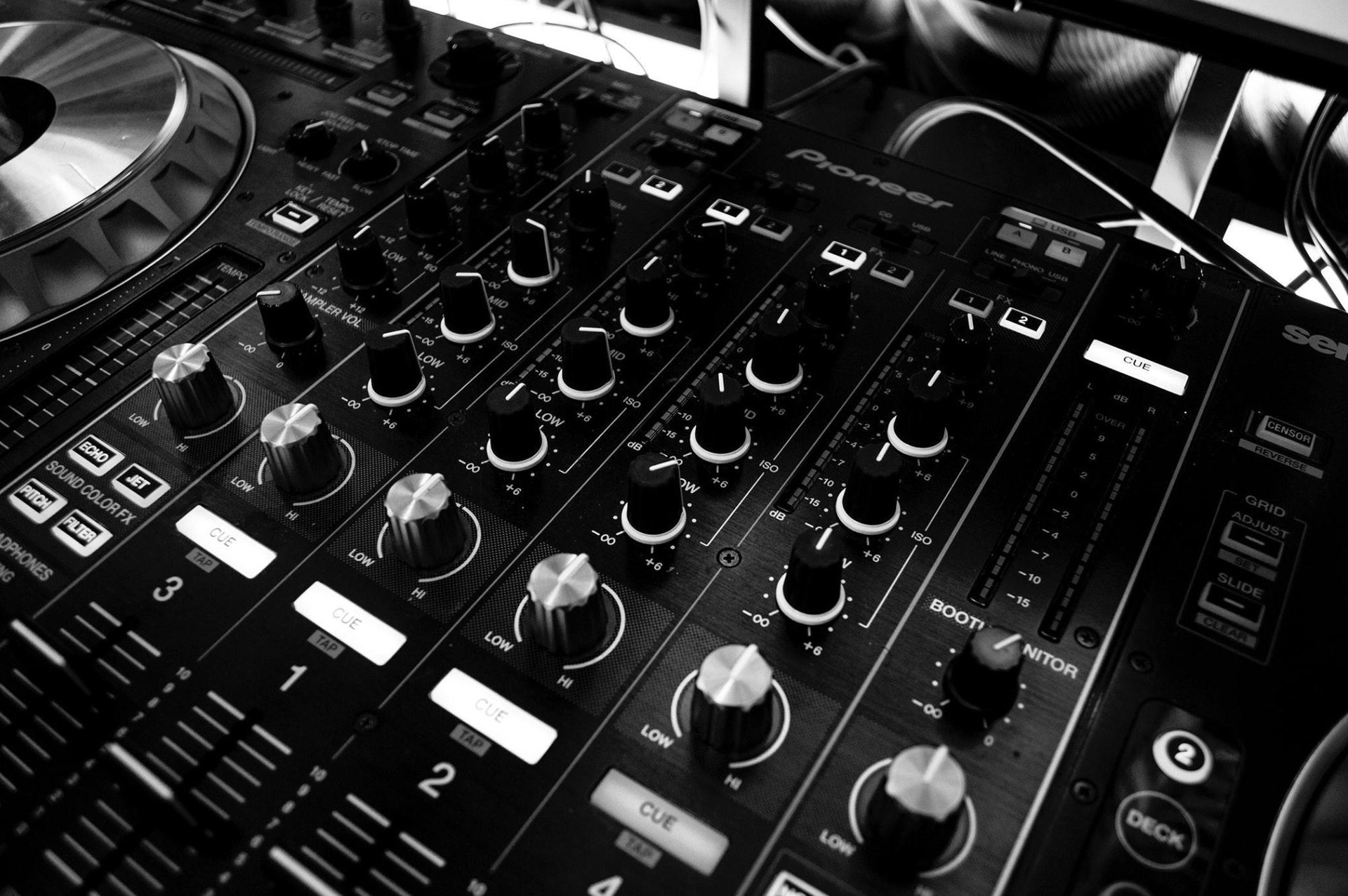
Choosing the right equipment - Microphones, Mixers and other gear
Once you have figured out the format of your show and how you want to tell your stories, the next thing is actually getting the gear to record a quality show. Depending on whether you are a hobbyist or a professional, your gear and your budget will vary significantly. In terms of gear, you need:
1. Microphones
2. Headphones
3. Mixers
4. Recording Software
5. Accessories
In this chapter, we will focus on the one piece of gear that makes the most difference - Microphones and give a short overview of the rest.
Finding a good mic
If you had to invest in only one piece of equipment, it should be a good microphone, for yourself as well as your guest (if the show is recorded in person)
The audio is the product, so make sure the recording is crystal clear and has minimum background noise.
Under no circumstances, should you use the microphone on your laptop or the one on your headphones. Podcasting microphones come in 2 main types - Condenser and dynamic microphones.
1. Condenser microphones
Condenser microphone is sophisticated, but a delicate instrument which is capable of capturing the finest details and high frequency sounds with ease and grace. They are extremely sensitive and are good when you are recording alone. These are mostly used in studios by professional music producers, singers, and musicians. Professional podcasters use these as well.
However, these mics need utmost care to ensure their smooth functioning for a long time. This is why these mics are not recommended for someone who is just starting their podcast channel.
2. Dynamic microphones
However, the main advantage of dynamic mics is they do not need much maintenance. Even if they are not maintained well, they are good to go without any significant issues. They are known for their reliability, durability and also cost-effectiveness because they cost only a fraction of the condenser microphones. These mics are ideal for beginners as well as intermediate level podcasters, for the functionality it offers.
3. USB microphones
These are the easiest and the most hassle-free type of microphones that are available in the market for the purpose of recording podcasts. These can be connected to PCs, laptops and even phones, without the need for any additional interface. Though they do not provide the highest resolution of recording, they perform quite well. This type of mic is highly recommended for beginners who wish to start out in the podcast industry.
4. XLR Microphones
The XLR microphones are used by professional singers, musicians as well as podcasters across the globe. So why are they preferred over USB mics? The reason is quite simple - they provide the best grade of recording and capture every detail accurately.
However, unlike USB microphones, these cannot be connected directly to your PC or laptop. You need an audio interface for that. However, for the quality of sound it provides, it is absolutely worth it. Strongly recommended for intermediate and professional podcasters.
Best USB microphones

1. Blue Yeti
Blue Yeti is the most preferred USB mic among podcasters as well as RJs, singers, musicians etc. This mic has a great audio quality and many professional podcasters use it regularly.
With features like audio quality control and great detail capturing, the Blue Yeti, priced at $129 is a complete powerhouse, making it arguably one of the best USB mic but one of the best overall for recording podcasts.
2. Samson Meteor
If there’s another brand apart from Yeti that is known widely, it is Samson. In terms of popularity, it is almost similar to Blue Yeti, and there are reasons for this.
Features like large recording surface, low maintenance, and easy portability ensures a great recording experience. Not only this, with the help of an adapter, you can simply plug it into your smart devices, and it is good to go. So if you record on your tablet or phone, this has to be your first choice. And the best part? It is quite cheap, priced at $70. Due to its low price and killer features, the Samson Meteor gives the Yeti a huge run for the money. Certainly, this is the best value for money USB mic in the market.
3. Audio-Technica AT2020USB
One of the best USB mics in the market in terms of quality, and portability, the Audio-Technica AT2020USB is for the users who want extreme clarity in their recordings and a great attention to detail. It has all the regular functions of a condenser mic such as the cardioid polar pattern and crystal clear audio recording. Not only this, since it is small in size and compact, this is good for podcasters who travel a lot too. Even though it is priced a bit higher than the Yeti at $169, this is indeed one of the best USB mics in the market.
One of the best USB mics in the market in terms of quality, and portability, the Audio-Technica AT2020USB is for the users who want extreme clarity in their recordings and a great attention to detail. It has all the regular functions of a condenser mic such as the cardioid polar pattern and crystal clear audio recording. Not only this, since it is small in size and compact, this is good for podcasters who travel a lot too. Even though it is priced a bit higher than the Yeti at $169, this is indeed one of the best USB mics in the market.
Our Choice :
• For podcasters on a tight budget/beginners/hobbyists - Samson Meteor
• For professional podcasters - Audio-Technica AT2020USB
• For intermediate level podcasters - Blue Yeti
Best XLR microphones
1. Samson Q2U
The budget king in the USB segment is the budget king in the XLR segment too. Just like its USB counterpart, the Samson Q2U provides a more or less accurate recording with moderate detail capture.
It costs around $55, and in that it includes headphones, other accessories that are necessary for podcasting - something that we do not see in other budget options. However, unless you are running extremely low on budget, this is not recommended. However, if you are looking for a value for money option, this is your answer.
2. Audio-Technica AT2035
When it comes to providing the best recording experience, Audio-Technica is the leader by a huge margin. With best in class features such as large diaphragm for better capturing of detail along with great reception of very low and very high-frequency sounds, this has to be one of the best options. At a price point of $165, you get everything ranging from a pop filter, shock mount, and an XLR cable, saving you the hassle of buying everything separately. It also comes with an in-built tripod stand, so that you can record comfortably while sitting on your desk without any issues. Highly recommended for all types of podcasters.
3. Shure SM7B
Shure SM7B is the best microphone available for podcasting purposes, and this has been acknowledged by podcasters across the globe. With a built-in pop filter that not only protects but also eliminates unwanted hums and breath sounds, this is the best mic undoubtedly for the professional podcasters. It has an exceptionally clean reproduction of music, audio, and is ideal for chats between 2 people. Priced at $399, it might be on a bit higher side, but if you are looking for the best, this has to be your go-to option.
Our Choice :
• For podcasters on a tight budget/beginners - Samson Q2U
• For professional podcasters - Shure SM7B
• For intermediate level podcasters - Blue Yeti
Headphones
Quality headphones are an absolute essential for podcasting. It gives you an idea of how clear and audible you are during recording, and how good you sound to others. Initially, listening to yourself speaking might be a bit awkward, but don't worry
Everyone hates to hear their own voice. Keep recording and after the initial stint, you get comfortable hearing yourself.
Keep your voice natural and only after you are comfortable recording show, objectively try to evaluate it. In Spext, your “um”, “uh” and other word fillers are highlighted, so you can easily see if you are using them too many times.
Quality Headphones also ensure that you need to take minimum retakes, and thus saves you a lot of time. After all, the last thing you would want to know after an hour or so of recording is that the entire time, an annoying background sound dominated over your voice, thus wasting all your efforts and energy.
To start off, the Tascam TH-02 Closed Back Studio Headphones is the perfect budget option for this purpose. Priced at $19.99, it has all the necessary features for a loud and clear recording, while not burning a hole in your pockets.
Mixers

Your mics plug into the mixer and give you more control over levels, inputs, and outputs. Have a guest who is speaking at a low tone? With a mixer, you can increase their audio level instantly resulting in a much, much better recording. A good mixer can save a lot of time later while recording.
The Mackie PROFX8V2 8-Channel Compact Mixer with USB and Effects is one of the best mixers to get started. Priced at $199.99, it may seem expensive but is a great long-term investment. It gives you complete authority over your recordings and ensures that your podcasts stand out as far as audio levels are concerned.
Call Recording Softwares (for remote guests)
All your guests can’t really come to record in person and most likely, you will have remote guests dial in via Skype, Hangouts or Zoom. This makes call recording software an absolute must. If you are recording remotely, always request guests to use a good mic. Chances are they have spoken on other podcasts before and may already have a good mic. If your budget permits, you can also send them a $20-$30 mics as a gift.
For the longest time, Skype did not offer quality recording but at the time of writing, they had a beta out that supports recording. Other companies are likely to follow as well and we may soon have no need for separate call recording software.
But till then, here are a few suggestions:
1. Cast
Cast is one of the new platforms out there that let you record, host and publish your podcast. It’s easy to use and pricing starts from $10/ month.
2. Zencastr
Unlike other softwares that are optimized for meetings and calls, Zencastr is focused on podcasters and lets you record in the lossless .wav format for the best audio quality. Another great thing is it records separate tracks for each guest, giving you a lot of flexibility while editing. Pricing starts at $10/ month.
3. ECamm Recorder for Skype
By far the most popular recorder for Skype, Ecamm lets your record Skype calls and directly saves them on your Mac. Sadly, it’s not yet available for windows and you can buy the lifetime license for $39.9
4. Anchor.fm
Anchor.fm is the easiest to use podcast recording service that making podcast recording easy. It also offers free hosting. While it is targeted at beginners, they are adding features at a rapid rate and looks like they will offer a complete suite of products.


